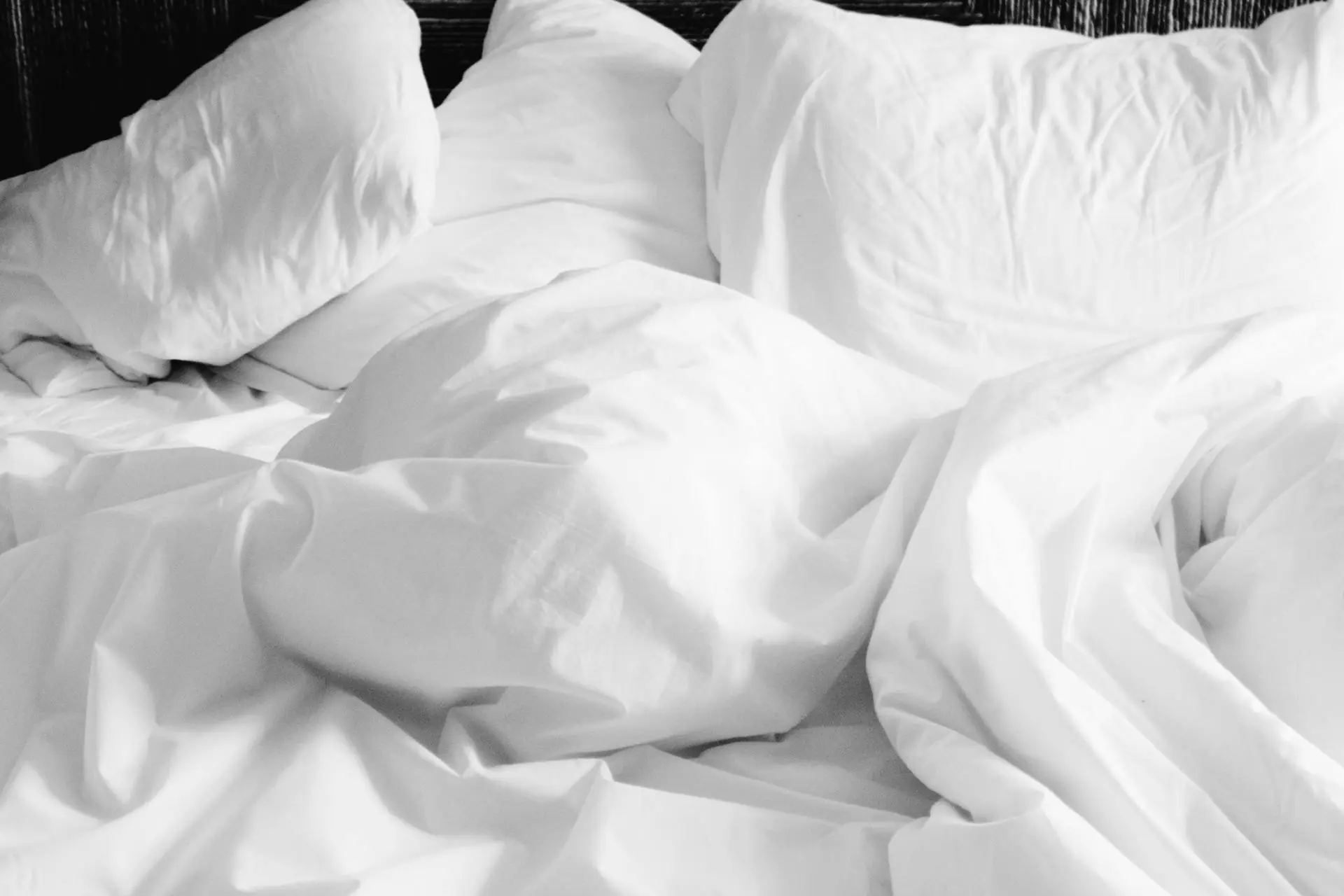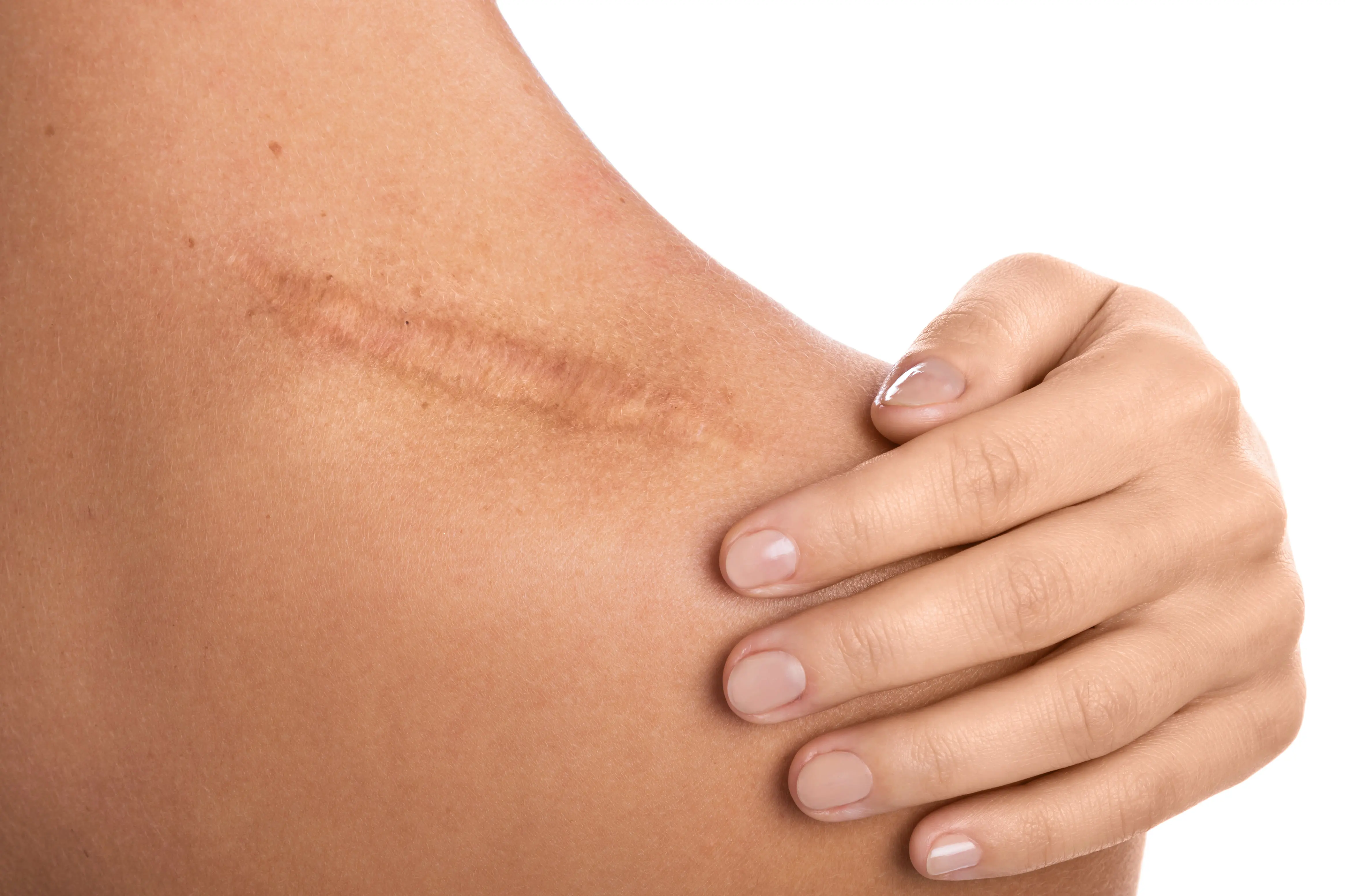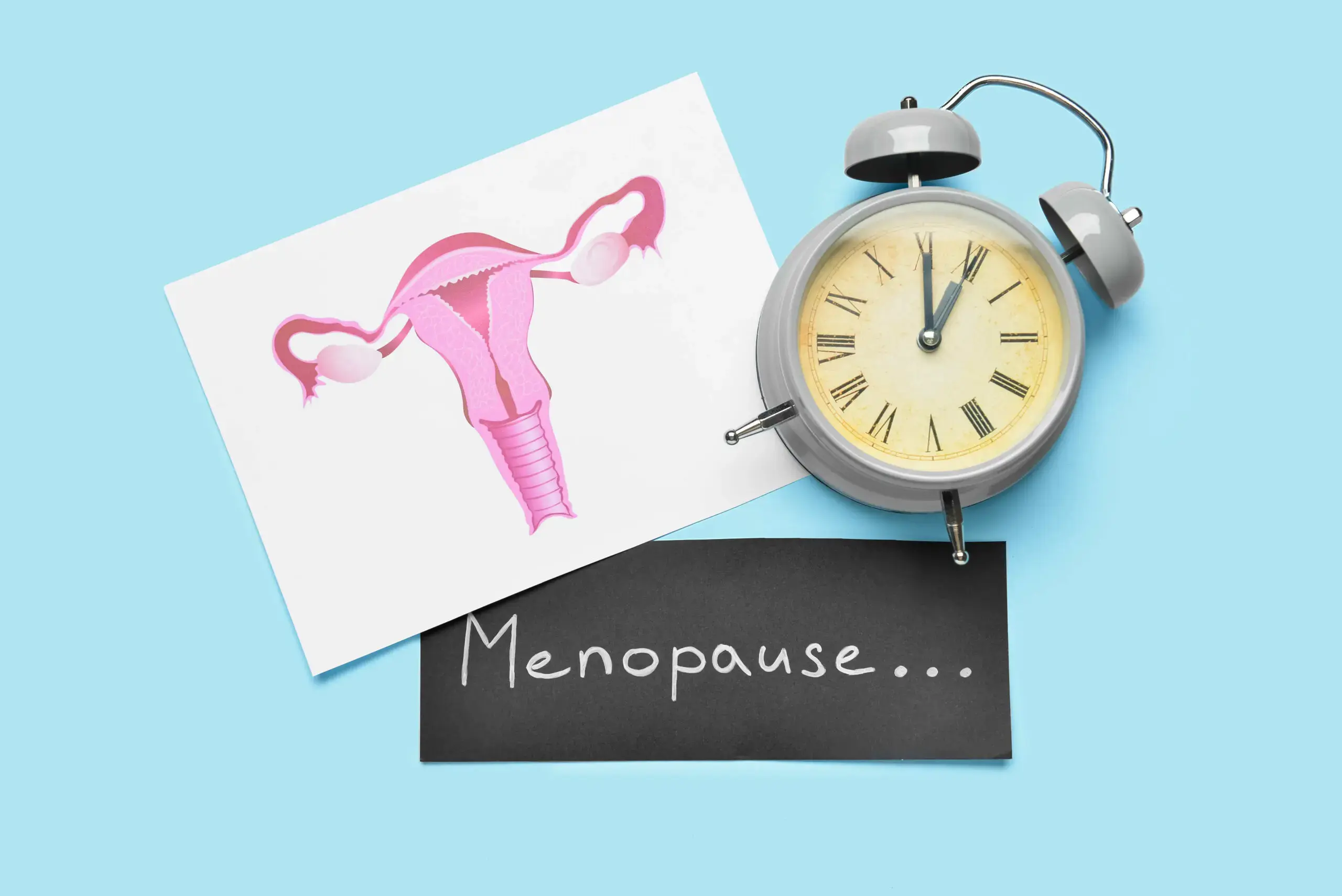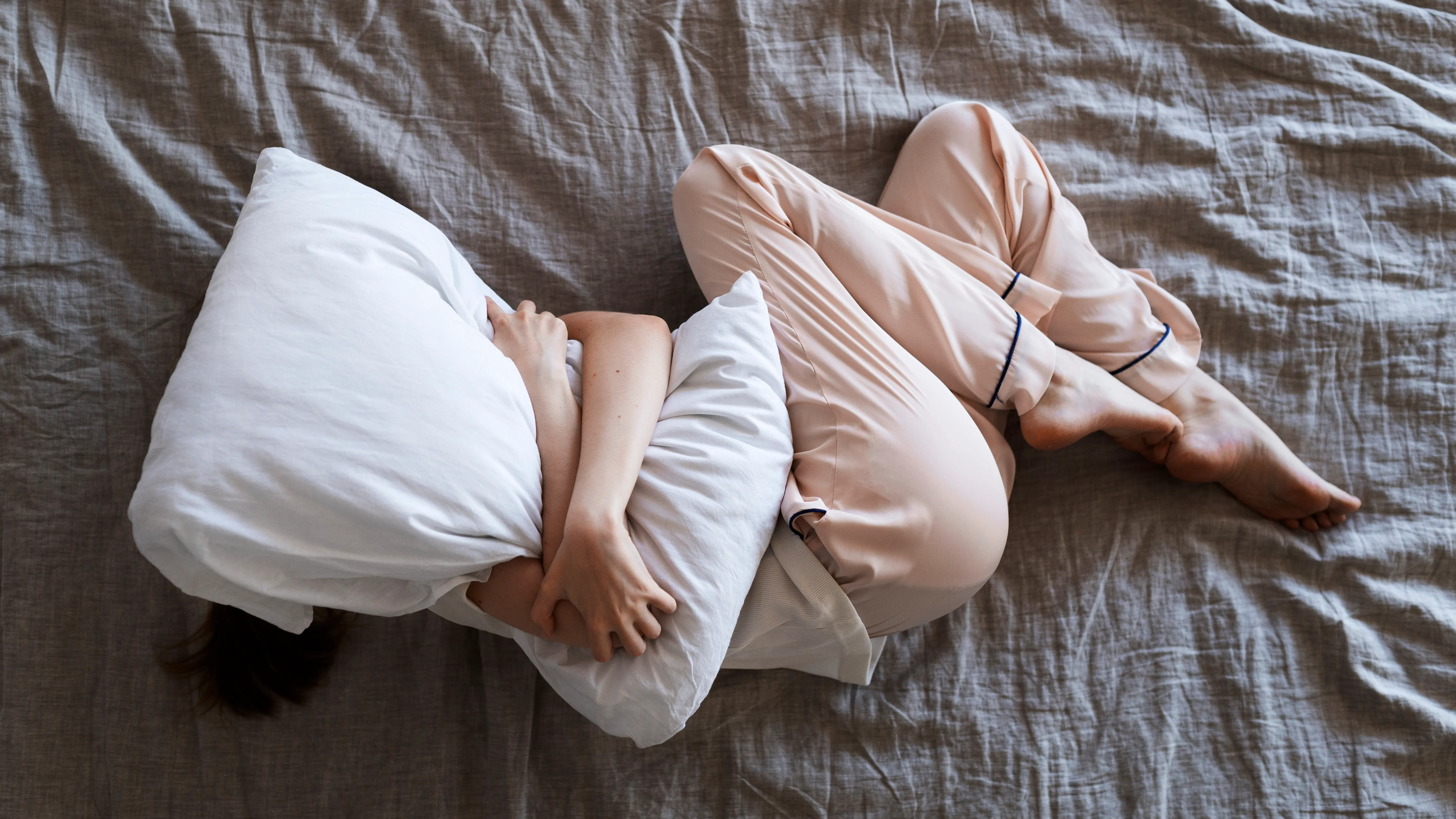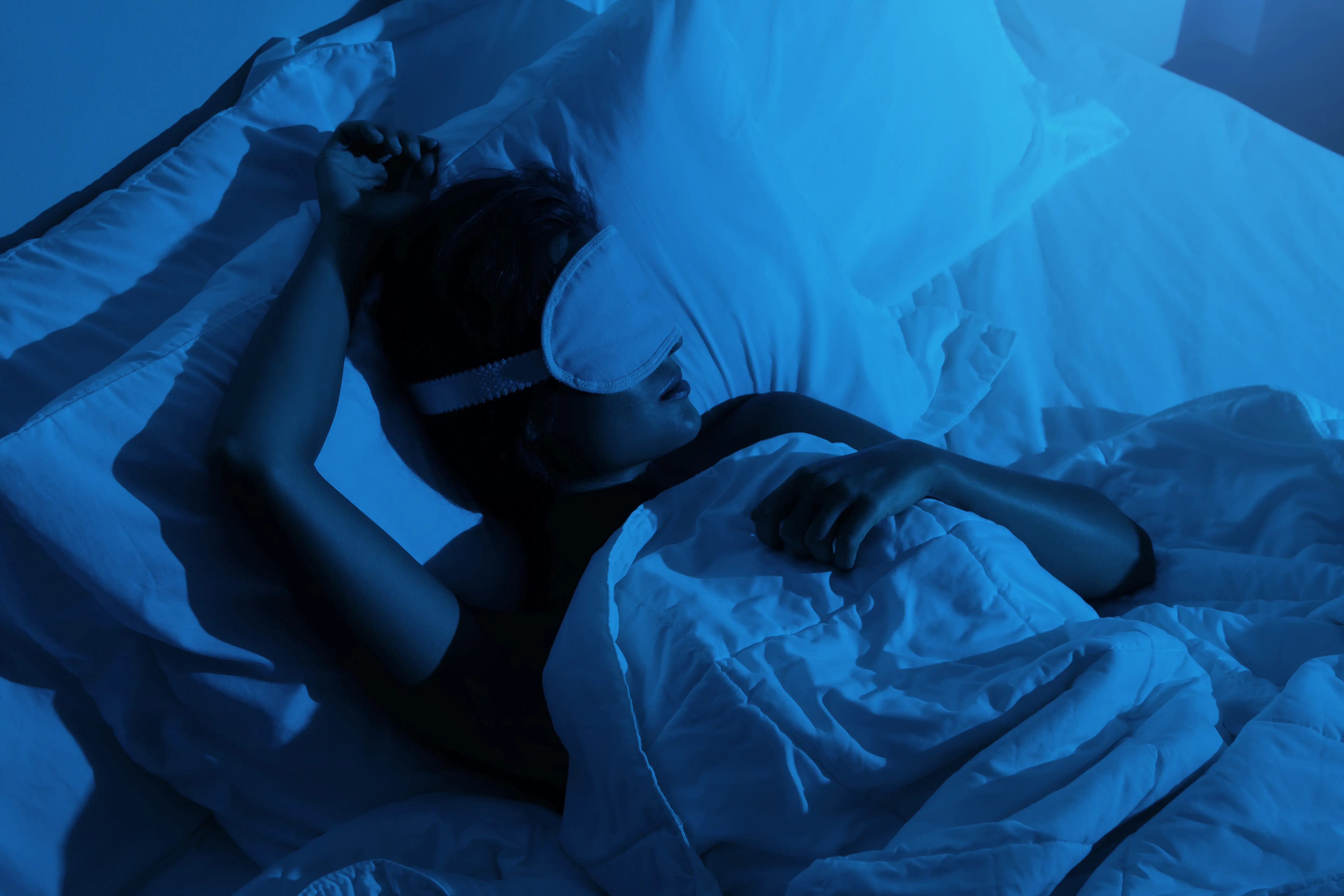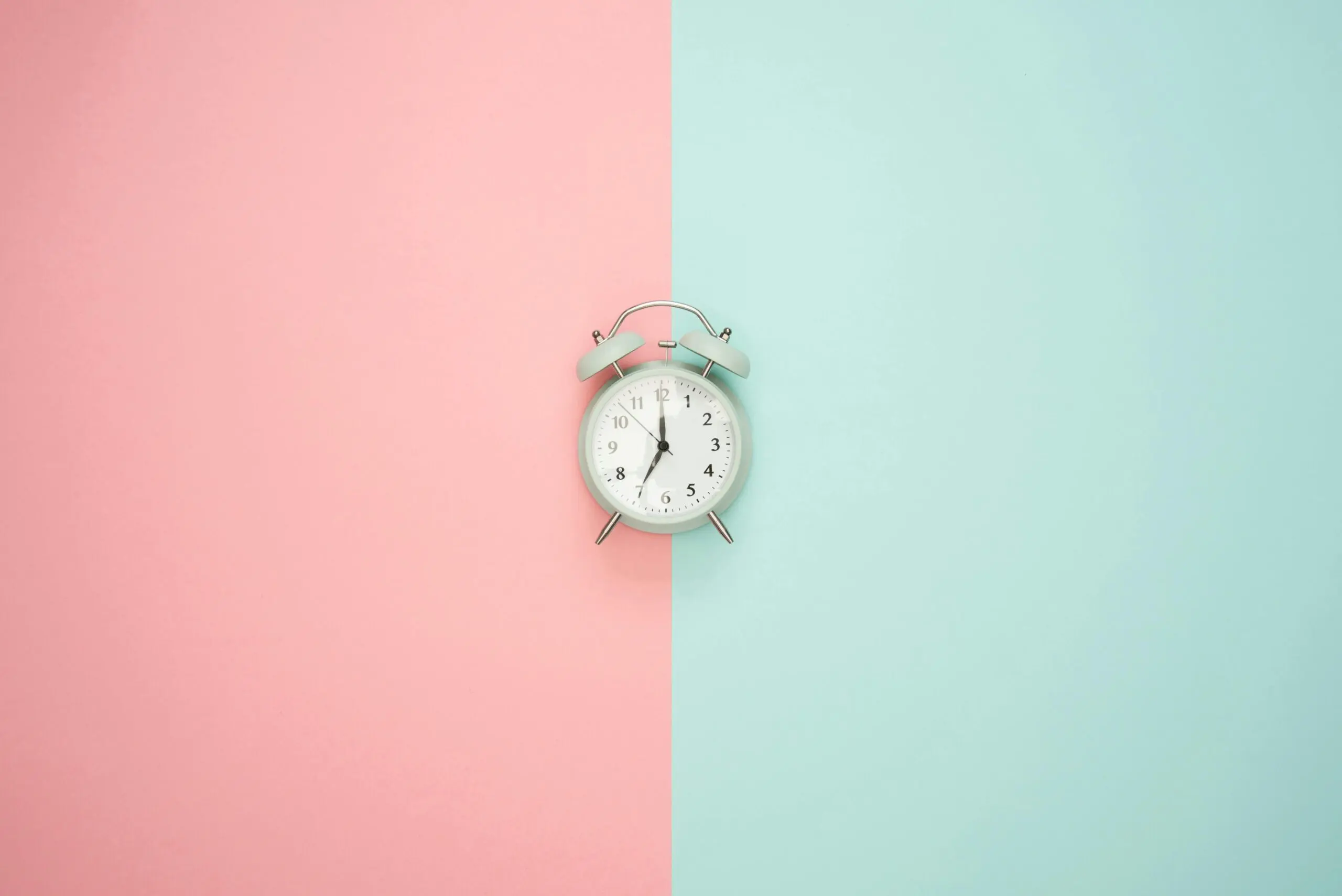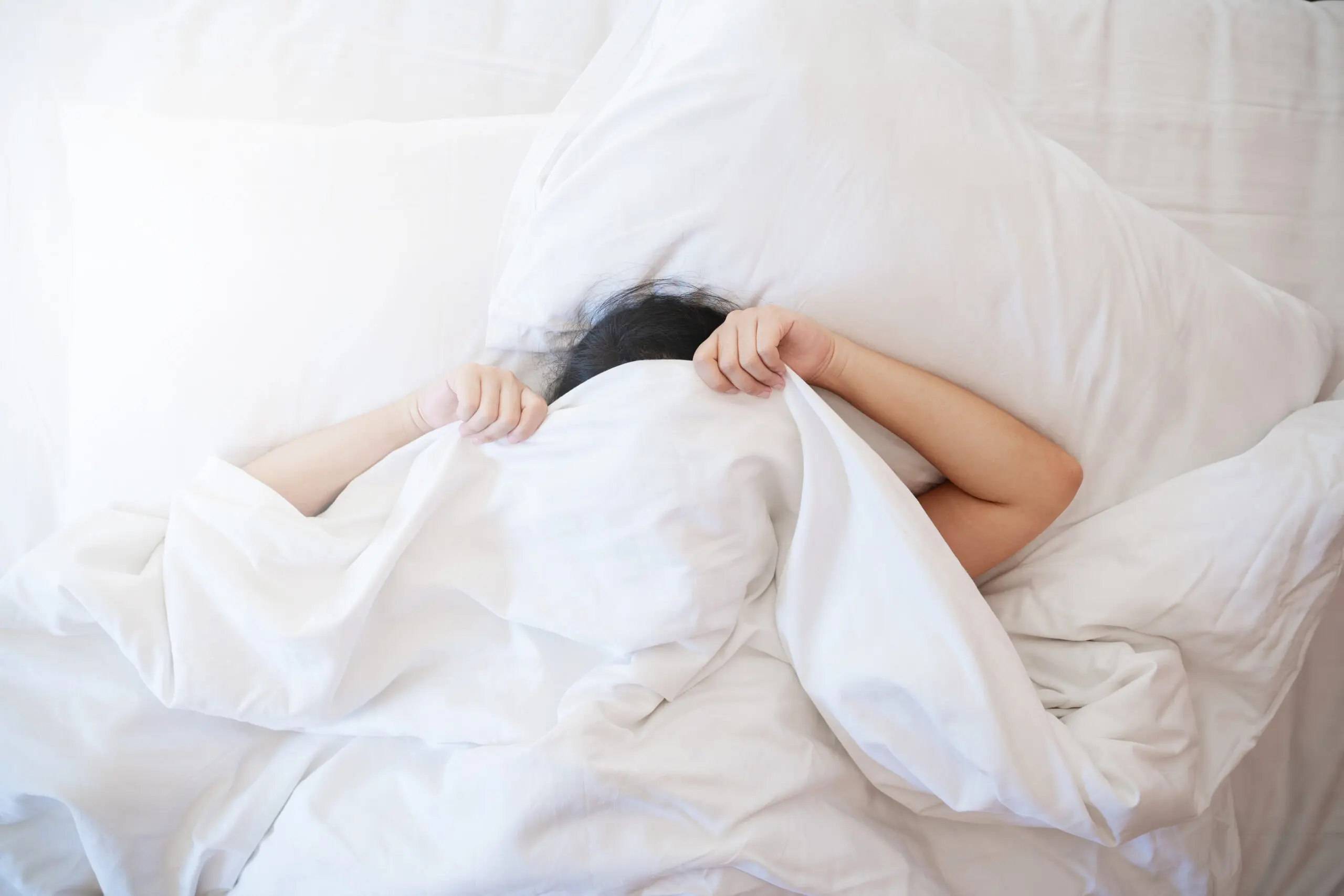Sleep is a crucial factor for our physical and mental well-being. However, many have problems falling asleep, staying asleep, or feeling really refreshed in the morning. If you toss and turn at night, you might have a problem with sleep hygiene. What sleep hygiene is and what small changes in everyday life can ensure better sleep.
What is sleep hygiene?
Sleep hygiene refers to healthy habits and behaviors that ensure restful sleep. A consistent sleep routine and creating an appropriate sleep environment are as important as avoiding and managing stress and racing thoughts, as well as handling stimulants like caffeine.
12 rules for healthy sleep hygiene
1. Introduce a personal bedtime ritual
It makes sense to regularly perform pleasant activities about 30 to 60 minutes before going to bed – for example, taking a walk, listening to music or an audiobook, taking a warm shower, or doing some yoga exercises. Over time, a connection will be created between the chosen activities and falling asleep. Physically or mentally demanding activities should be avoided in the time before going to bed.
2. Set up the bedroom
A pleasant sleep environment promotes restful sleep. Important factors for this are:
- Temperature: The ideal bedroom temperature is between 16 and 18 degrees.
- Darkness: Curtains or a sleep mask make it easier to fall asleep
- Silence: Disturbing noises should be avoided
- Comfortable mattress and pillow: Absolutely essential for a restful and good sleep
3. Use the bed only for sleeping
Those who don't have sleep disorders spend most of their time in bed sleeping. As a result, sleep and bed (subconsciously) are so closely linked that the bed takes on a signaling character for sleep and can be described as a triggering stimulus for sleeping.
When the bed is also used for reading or watching TV, it can be difficult to develop a clear association between bed and sleep. Sleep-disturbed people often engage in activities like those mentioned above, or others like worrying, working, eating, and planning the next day while in bed.
It happens that these activities are only carried out because the affected cannot sleep – over time, however, the signaling character is created precisely for these activities, and the bed triggers a stimulus for wakefulness instead of sleeping.
